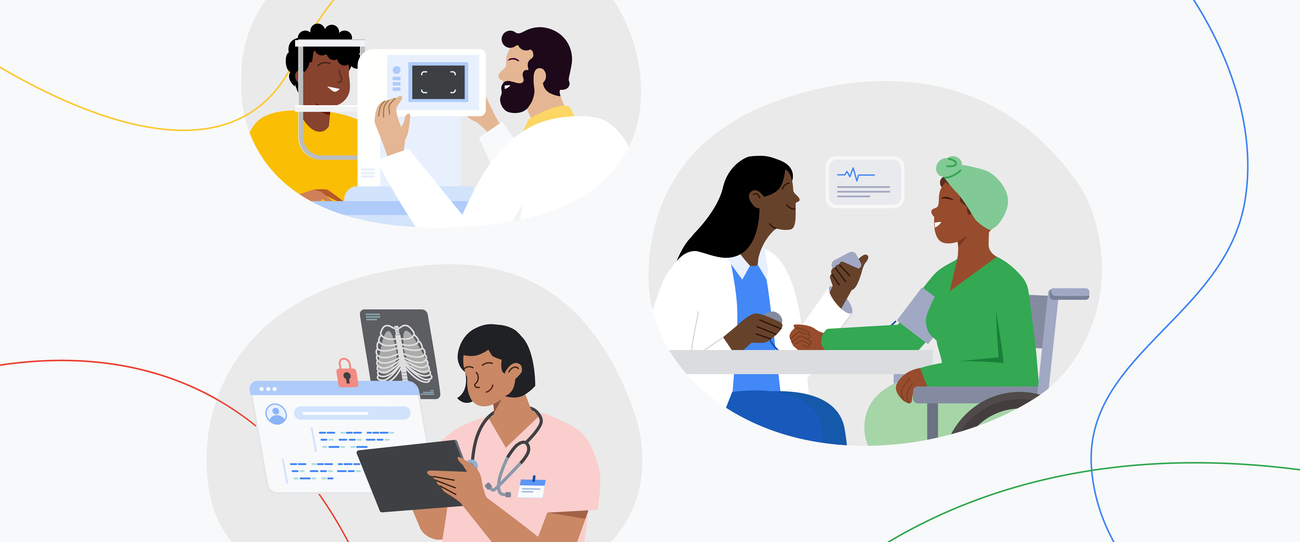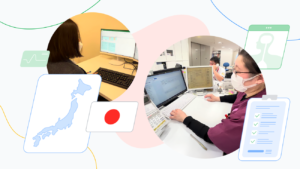6 Key Updates on Google Health AI from the 2025 Check Up Event

AI Co-Scientist
Research is fundamental to advancing science, which involves everything from incremental improvements to groundbreaking discoveries. To support biomedical researchers in formulating innovative hypotheses and planning their research, an AI co-scientist has been introduced. This tool, powered by the Gemini 2.0 system, assists scientists in navigating vast amounts of scientific literature and generating unique, high-quality hypotheses.
How the AI Co-Scientist Works
For instance, if researchers aim to understand the spread of a disease-causing microbe, they can articulate their research goals using natural language. The AI co-scientist will then propose testable hypotheses, summarize relevant published studies, and suggest experimental approaches.
This tool is not designed to replace scientific inquiry but to enhance collaboration among scientists. It aims to ignite new ideas and accelerate the research process. Organizations like Imperial College London, Houston Methodist, and Stanford University are already partnering with this system, and the excitement around its potential is growing. There’s also a significant interest in the upcoming trusted tester program that will allow more researchers to utilize this innovative technology.
TxGemma
Developing new therapeutic drugs is a lengthy and costly endeavor involving numerous stages from concept to regulatory approval. To address this, a new initiative called TxGemma has been introduced, which consists of open models built on the Gemma framework. This collection aims to streamline the AI-powered drug discovery process.
Features of TxGemma
TxGemma boasts the capability to interpret standard text and recognize various therapeutic entities, such as small molecules, chemicals, and proteins. Researchers can interact with TxGemma by asking questions to predict key attributes of potential new therapies, including their safety and effectiveness.
In the near future, TxGemma will be made available to the broader research community, allowing others to contribute to its development through the Health AI Developer Foundations platform. This initiative seeks to create a collaborative environment for enhancing drug discovery.
Pediatric Oncology Treatment Options
In another notable application, Google is collaborating with the Princess Máxima Center for pediatric oncology in the Netherlands to create an AI tool named Capricorn. This tool leverages Gemini models to assist doctors in swiftly identifying personalized cancer treatments. By combining extensive public medical data with de-identified patient data, Capricorn aims to enhance the treatment decision-making process.
Benefits of the Capricorn Tool
The Capricorn AI tool analyzes data and quickly produces summaries of available treatment options, along with pertinent medical publications. This feature enables physicians to engage in more comprehensive discussions about the best possible health outcomes for their pediatric patients. By utilizing AI, doctors can devote more time to what truly matters: providing exceptional care for their young patients.
Overall, these advancements illustrate how AI technologies, like the AI co-scientist and TxGemma, along with innovative tools such as Capricorn, are reshaping the landscape of biomedical research and treatment, making it more efficient and responsive to the challenges faced in modern medicine.





